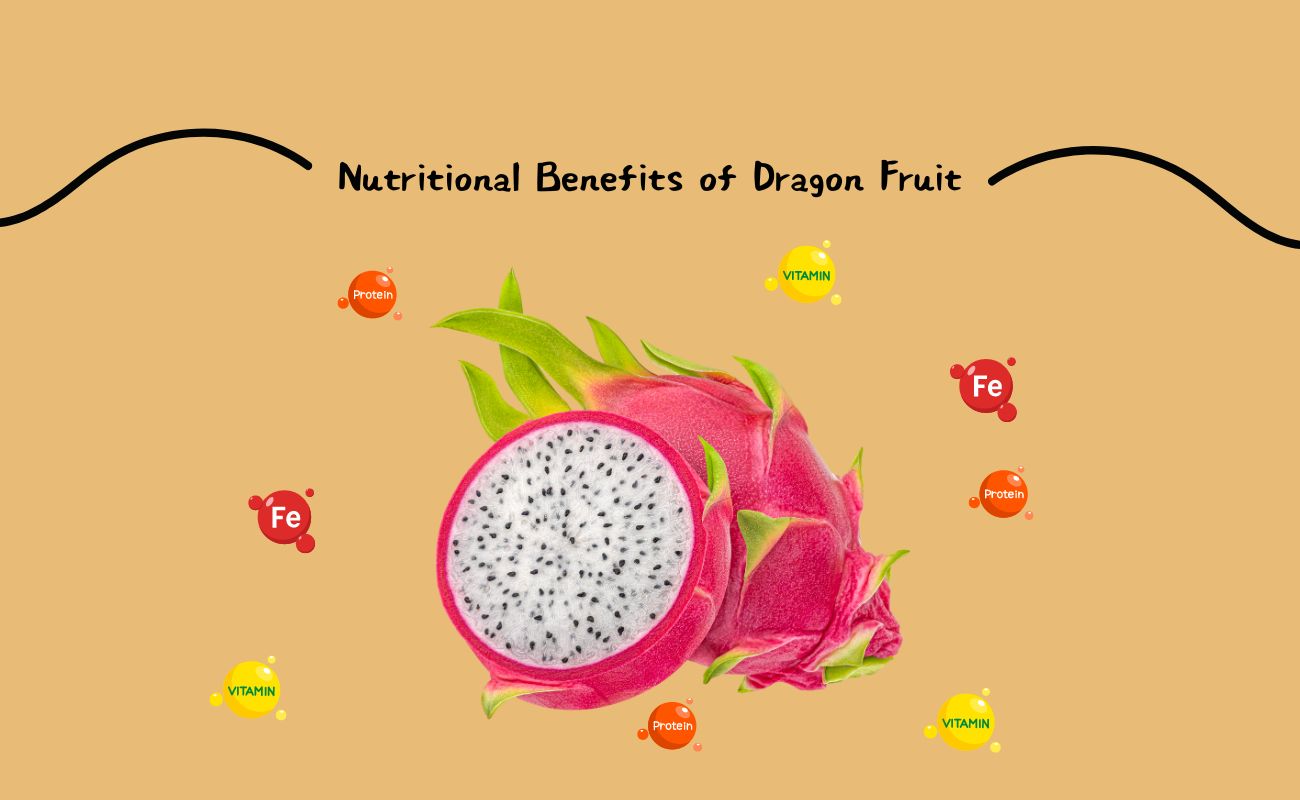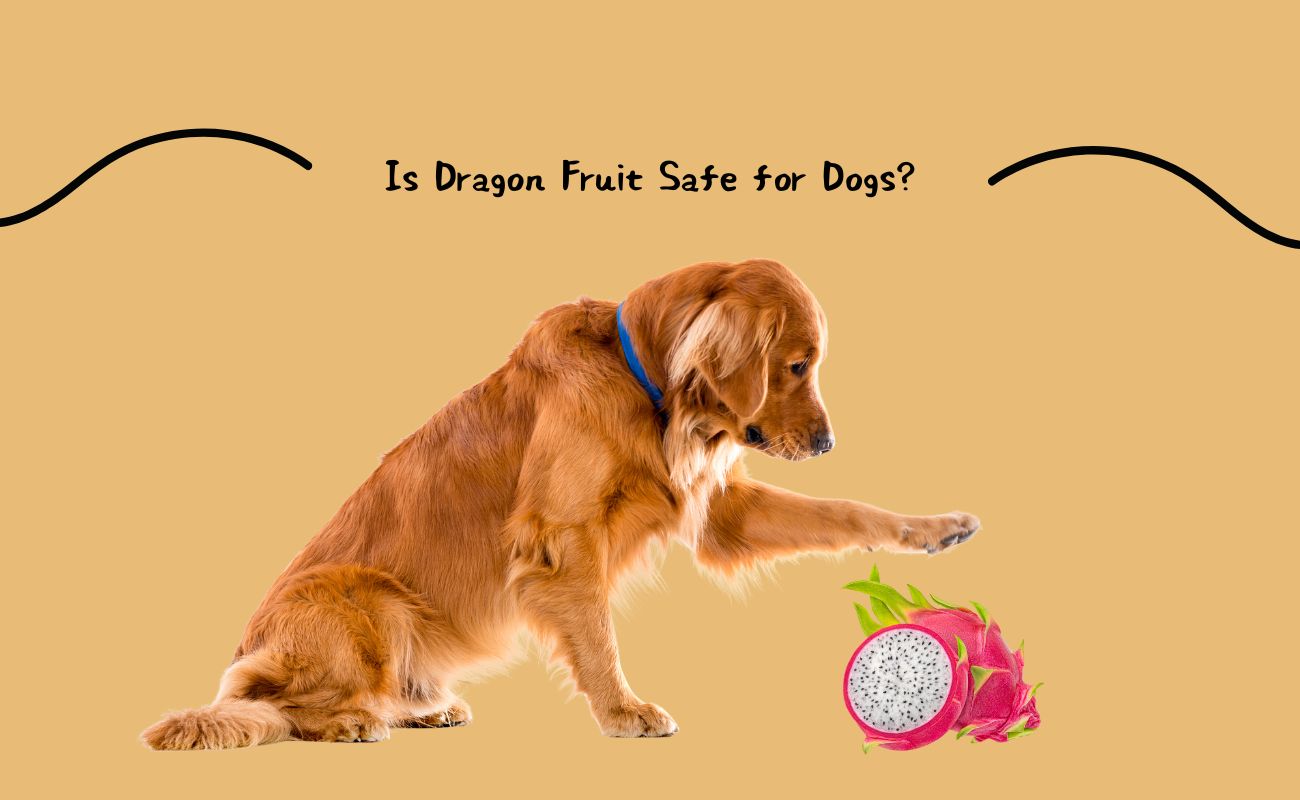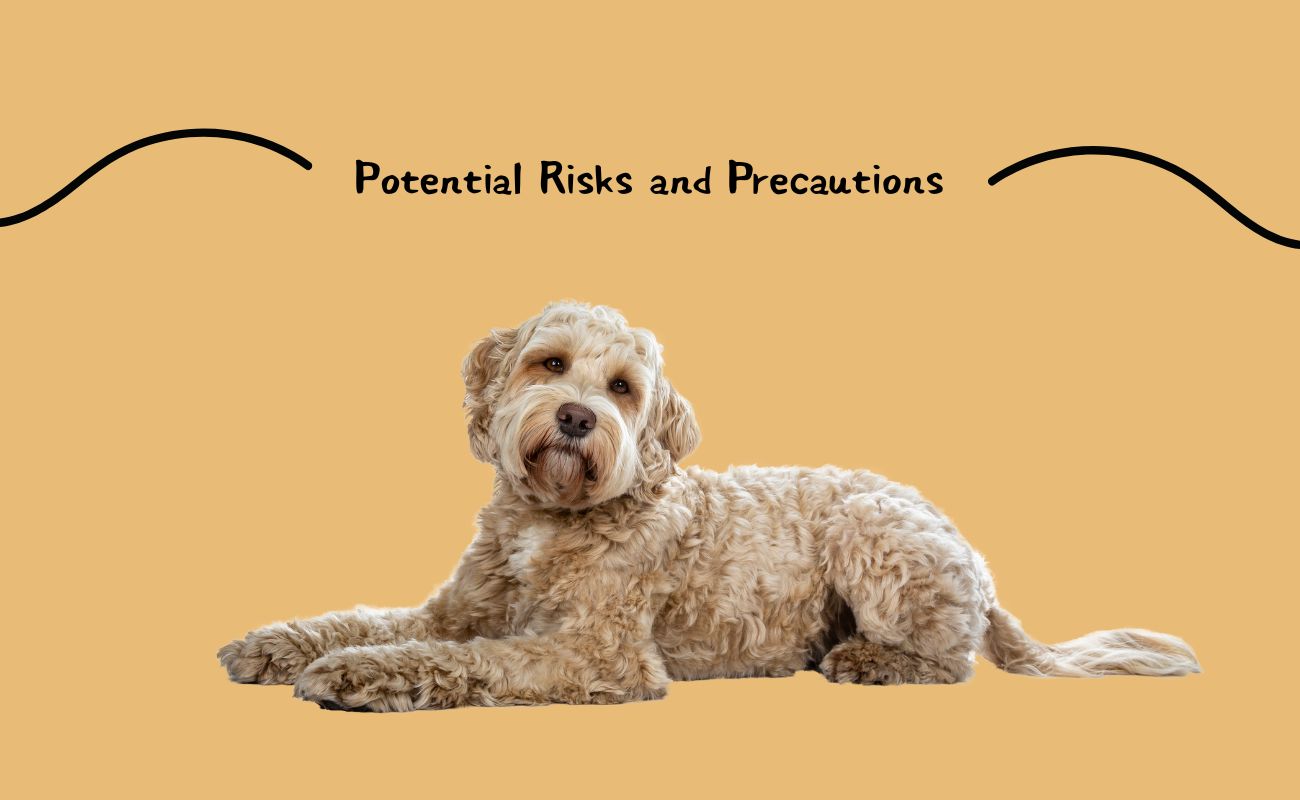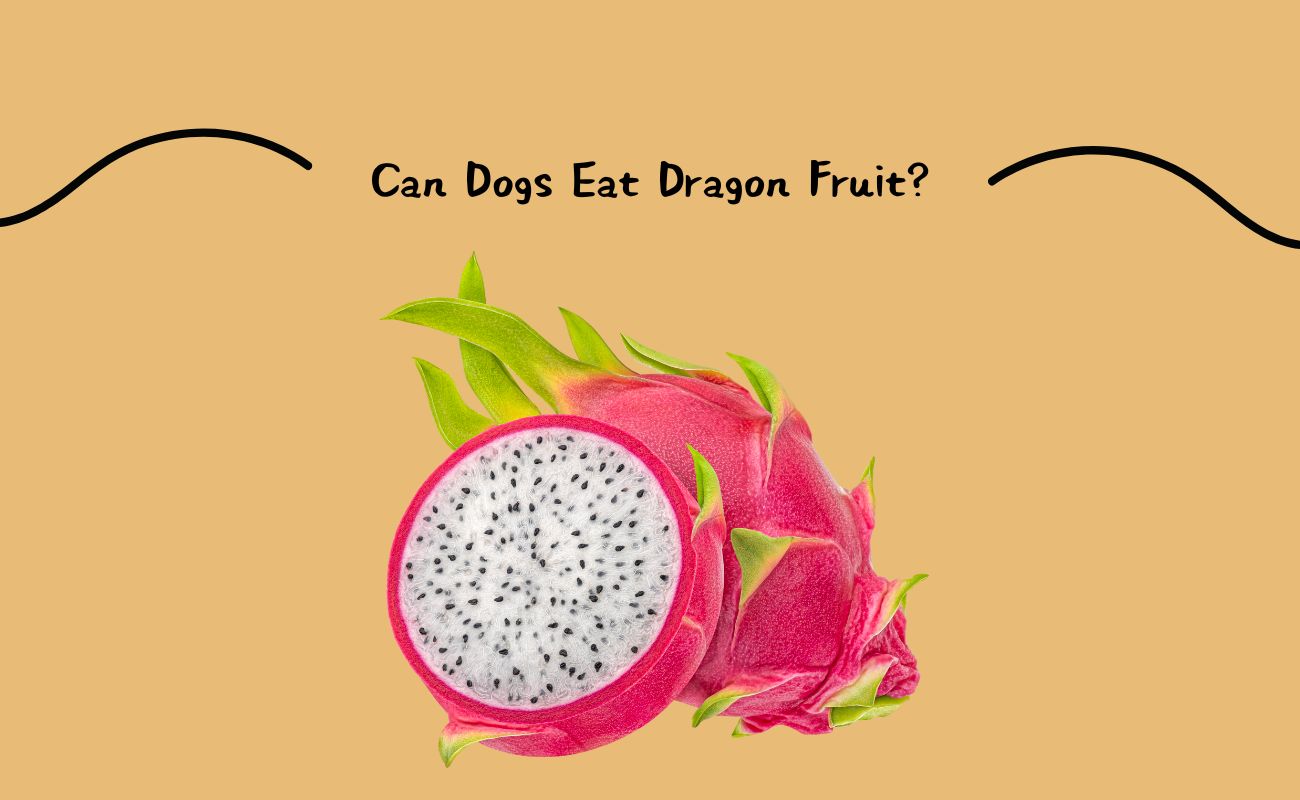Can Dogs Eat Dragon Fruit?
Dragon fruit, also known as pitaya, is a tropical fruit that has gained popularity for its vibrant appearance and numerous health benefits. Pet owners often wonder if this exotic fruit can be safely shared with their furry friends. In this blog, we’ll explore whether dogs can eat dragon fruit and discuss its potential benefits and risks.

Nutritional Benefits of Dragon Fruit
Dragon fruit is rich in essential nutrients that can be beneficial for both humans and dogs. It is packed with vitamins such as vitamin C, B vitamins, and vitamin E, which help boost the immune system and support overall health. Additionally, dragon fruit contains antioxidants, fiber, and minerals like calcium and magnesium, which can aid in digestion and bone health.
For dogs, these nutrients can contribute to a healthier coat, improved digestion, and a stronger immune system. The fiber content in dragon fruit can also help regulate bowel movements and prevent constipation, making it a beneficial treat in moderation.
Here is a table of the complete nutritional profile of dragon fruit per 100 grams:
| Nutrient | Amount per 100g |
|---|---|
| Calories | 50 kcal |
| Carbohydrates | 11 g |
| Dietary Fiber | 3 g |
| Sugars | 8 g |
| Protein | 1.1 g |
| Fat | 0.4 g |
| Vitamin C | 20.5 mg |
| Vitamin A | 1 µg |
| Calcium | 18 mg |
| Iron | 0.74 mg |
| Magnesium | 40 mg |
| Phosphorus | 22 mg |
| Potassium | 170 mg |
| Sodium | 1 mg |
| Vitamin B1 (Thiamine) | 0.04 mg |
| Vitamin B2 (Riboflavin) | 0.05 mg |
| Vitamin B3 (Niacin) | 0.16 mg |
| Vitamin E | 0.08 mg |
| Water | 90.5 g |
This nutritional profile highlights the key vitamins, minerals, and macronutrients found in dragon fruit, emphasizing its low-calorie content and rich supply of essential nutrients.

Is Dragon Fruit Safe for Dogs?
The good news is that dragon fruit is safe for dogs to eat in small quantities. The flesh of the fruit is non-toxic and can be a refreshing treat for your pet. However, it’s important to remove the outer skin and any seeds before offering it to your dog. The skin is tough and can be difficult for dogs to digest, while the seeds, although small, can pose a choking hazard or cause digestive issues.
When introducing dragon fruit to your dog’s diet, start with a small amount to ensure they do not have any adverse reactions. Monitor your dog for any signs of allergies or digestive upset, such as vomiting, diarrhea, or excessive itching.
Is Dragon Fruit Safe for Dogs?
To safely serve dragon fruit to your dog, follow these simple steps:
- Select a Ripe Fruit: Choose a ripe dragon fruit that is bright in color and slightly soft to the touch.
- Wash Thoroughly: Rinse the fruit under running water to remove any dirt or pesticides.
- Peel the Skin: Use a knife to carefully peel off the tough outer skin.
- Remove Seeds: Slice the fruit and remove any visible seeds.
- Cut into Small Pieces: Cut the flesh into bite-sized pieces appropriate for your dog’s size.
Offer the dragon fruit pieces as a treat or mix them into your dog’s regular food. Always serve in moderation to avoid any potential digestive issues.

Potential Risks and Precautions
While dragon fruit is generally safe for dogs, there are a few precautions to keep in mind. First, overfeeding dragon fruit can lead to digestive upset, including diarrhea and stomach cramps. Moderation is key to preventing these issues.
Additionally, if your dog has a history of food allergies or sensitivities, it’s best to consult with your veterinarian before introducing any new foods, including dragon fruit. They can provide personalized advice based on your dog’s health history and dietary needs.
It’s also important to note that not all dogs will enjoy the taste of dragon fruit. If your dog shows no interest in the fruit or rejects it, don’t force them to eat it. There are plenty of other healthy treats available that your dog may prefer.

Alternatives to Dragon Fruit
If your dog doesn’t take to dragon fruit, there are several other fruits that are safe and healthy for dogs. Some alternatives include:
- Apples: Rich in vitamins and fiber, but be sure to remove the seeds and core.
- Blueberries: Packed with antioxidants and easy to serve.
- Bananas: High in potassium and easy to digest.
- Watermelon: Hydrating and refreshing, just remove the seeds and rind.
Each of these fruits offers its own unique set of benefits and can be a delicious addition to your dog’s diet in moderation.
Summary:
Can Dogs Eat Dragon Fruit?
In conclusion, dogs can eat dragon fruit safely in small amounts. This exotic fruit can provide several nutritional benefits, including vitamins, antioxidants, and fiber. However, it’s essential to remove the skin and seeds and serve the fruit in moderation to avoid any digestive issues. Always monitor your dog for any adverse reactions and consult with your veterinarian if you have any concerns.
By introducing dragon fruit and other healthy fruits into your dog’s diet, you can add variety and boost their overall health. Remember, every dog is unique, so what works for one may not work for another. Pay attention to your dog’s preferences and health needs to ensure they enjoy a balanced and nutritious diet.
For more tips on dog nutrition and safe treats, be sure to check out our other blog posts. Happy feeding!










